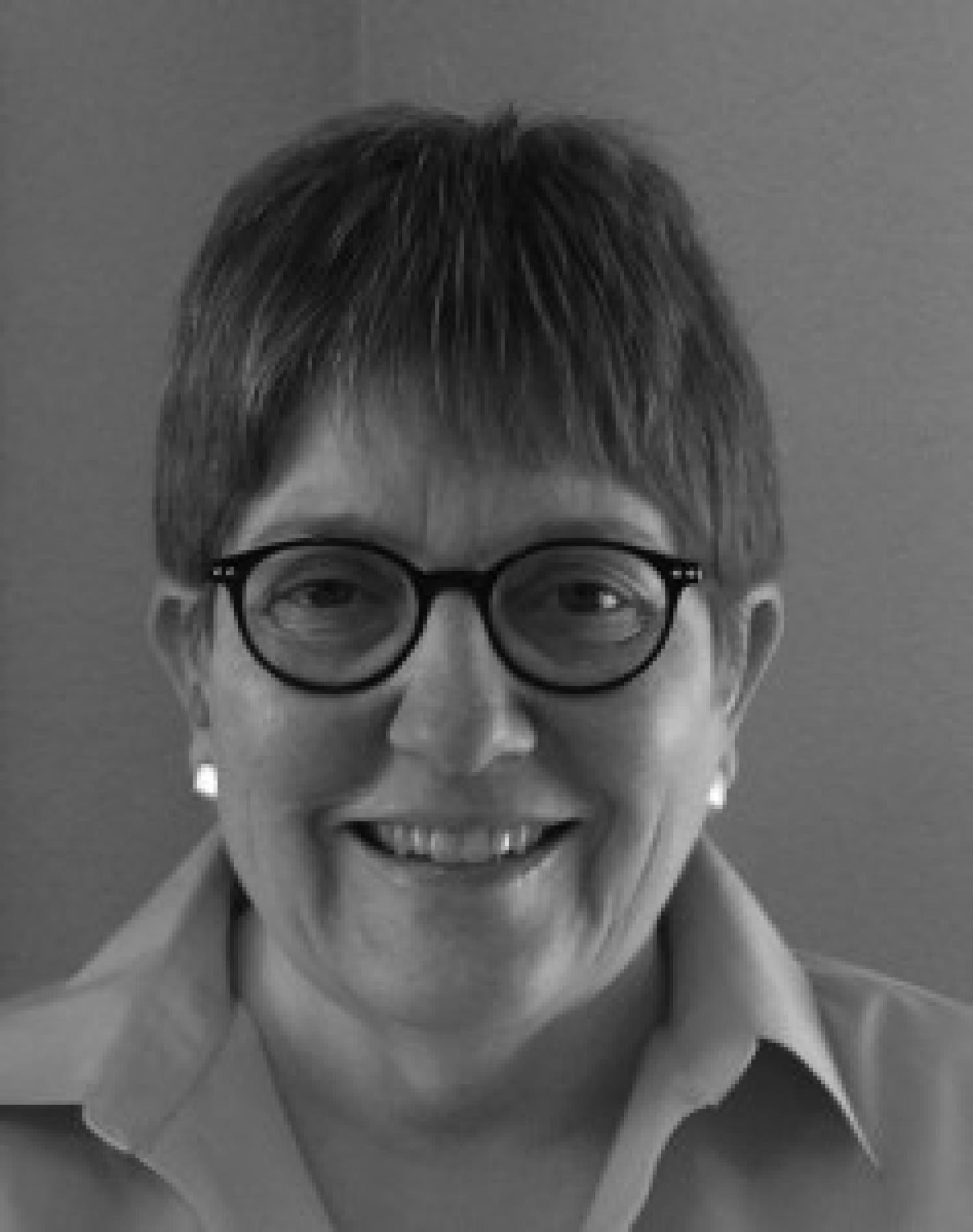
Profile: Glenda Russell

The ‘Doyenne’ of Boulder Gay History Speaks
Glenda Russell (Psych’79, MA’83, PhD’84)
Throughout the 1970s huge barn dances organized by CU-Boulder students were held for gay, lesbian, bisexual and transgender people at a farm north of Boulder. According to psychologist and self-described amateur historian Glenda Russell (Psych’79, MA’83, PhD’84), they “represent the first time in northern Colorado that gay people controlled their own space.”
Russell should know, as she came out in 1971, attended the dances and has researched their significance.
In fact, she has become the doyenne of LGBT history at CU and in Boulder, giving talks as well as co-creating in 2011 a timeline of gay events in the U.S. and around the world that has been used at local events and is available online.
“Glenda Russell is one of the country’s leading scholars on LGBT rights movements and countermovements,” says Jim Davis Rosenthal (MEngl’91, PhD’95), an activist and CU-Boulder’s director of orientation and assessment. “Glenda’s scholarship is informed by her activism and her work on the trauma of communities targeted by bias-motivated political initiatives.”
For almost three decades Russell has been a clinical psychologist at CU-Boulder’s Counseling and Psychological Services and an adjunct psychology professor. She also has had her own private counseling practice. Between 2000-08 she worked in similar positions and as a graduate student supervisor in New England, Michigan and San Francisco. Her 70-plus scholarly articles and book reviews and her book, Voted Out: The Psychological Consequences of Anti-Gay Politics, have focused on how GLBT youth and adults are affected by anti-gay politics, as well as on therapy issues related to being gay.
Russell’s activist approach to history and psychology grew out of her poor Catholic upbringing in southern, rural Maryland, which sensitized her to class and social issues.
Glenda Russell's hard work laid the foundation for demostrations like this 1993 Boulder rally.
She connected her burgeoning feminism to her study of psychology in 1974 when a Boulder ordinance was presented to the voters to overturn the sexual preference part of a human rights measure passed by city council.
“It was on this basic level of people saying, ‘Look, homosexuals are people,’ that the struggle was fought,” she says.
The anti-gay rights side won by a 2-to-1 margin. Boulder added sexual orientation to its human rights ordinance in 1987.
“It made me sensitive to how carefully we have to pursue social change … how much it’s psychological change along with economic and political change,” Russell says.
Read Russell’s timeline “Out of the Shadows: A Timeline of LGBT History."

